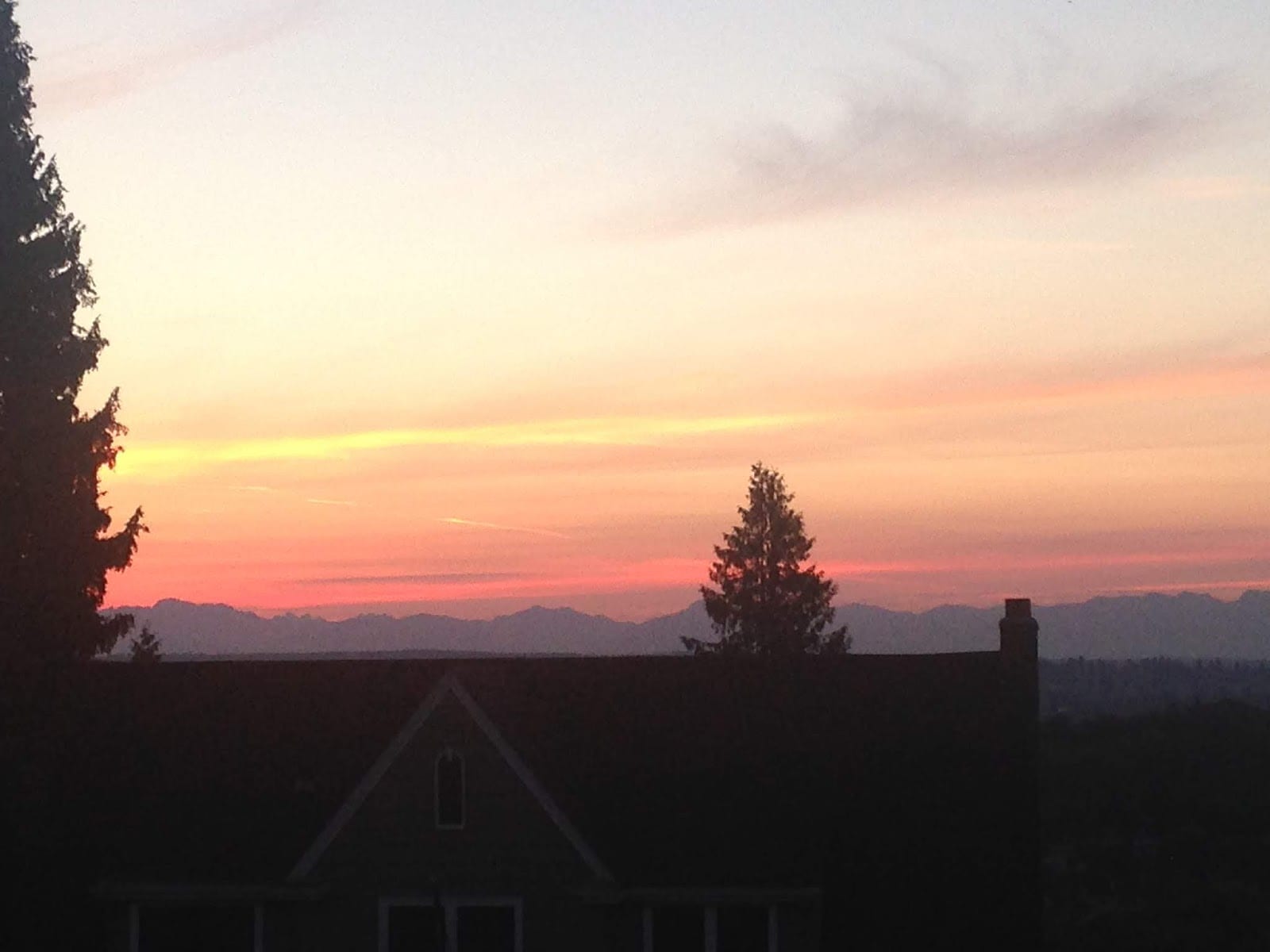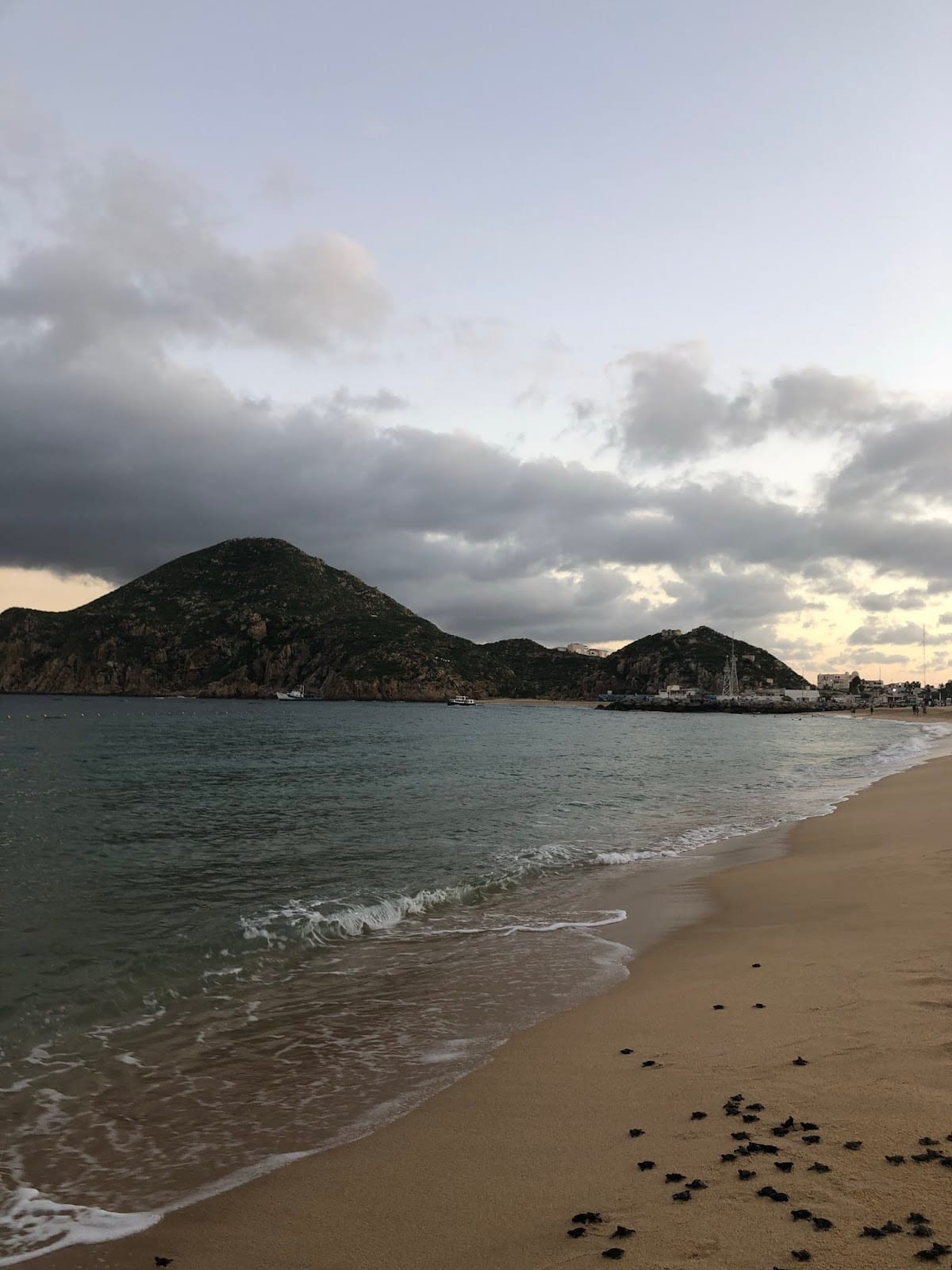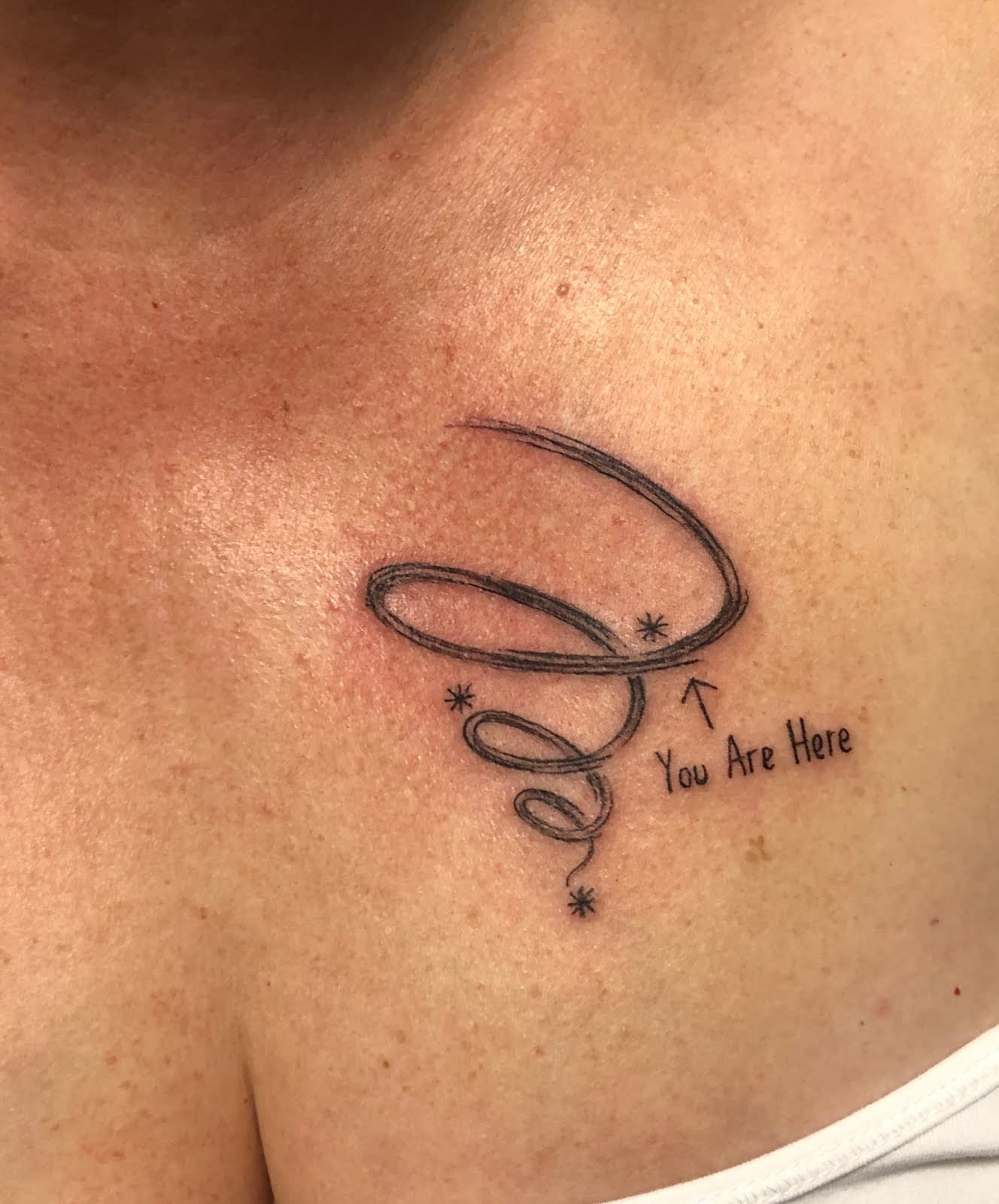
A few blocks from my home is a care facility called Bailey-Boushay House. It started as an AIDS end-of-life unit and when I first moved to Seattle in 1994, I signed up to volunteer with one of their partners, The NW AIDS Foundation. I was working as a surgical assistant 40 hours a week, but I keenly recalled the explosion of HIV during my high school years and I wanted to be part of the solution, if I could.
In the beginning, I was assigned to a room with multiple desks and stacks upon stacks of newspapers. It was my job to comb the stacks and clip out articles about HIV and AIDS, looking for information about new treatments and anything that felt relevant to the work being done at Bailey-Boushay. As an aspiring physician and someone who doesn’t sit still well, it was frustrating. I couldn’t work out how this was meaningful, how it was helping anyone. At some point, I asked whether I could be doing something more personal, more interactive with humans.
My next task was to stand on the sidewalk behind a folding table on Broadway – a neighborhood that was populated with mostly gay men. My props were an underripe banana and a box of condoms, and I stood there for hours, arm outstretched, offering free condoms to whomever would take them. Occasionally, someone would stop and listen to my spiel, watch me unwrap a condom and demonstrate how to put it on using the banana as an erect penis. Most of them laughed as I did it, and I went along with the joke, imploring them to take a handful of rubbers with them and use them. This job felt slightly more important and real.
—-
This morning, I walked past the facility, which still serves those who are dying of AIDS. A block away is a park where some of the patients hang out during the day, smoking and joking with each other, many of them in wheelchairs. At night, there are always a few who settle down beneath the rhododendrons because there aren’t enough beds for everyone. I wondered how they are weathering this storm. I think about the decades and decades it’s been since the HIV outbreak, how it didn’t feel like an emergency in the beginning and then it did, but only for health care workers and those who were most vulnerable. I think about how this population of people were set aside, vilified, and how they’ve been largely forgotten over the years because we don’t have the collective energy to sustain alarm, and because treatments have been developed. I wonder if they feel particularly frightened with their immune systems already open and available to many avenues of attack, and if anyone is lifting their voices to be heard at this time.
The vast majority of those served here are men, many with addiction histories, many with co-occurring chronic illnesses, many homeless and mentally ill.
—-
It rained hard last night, huge drops pounding on the roof of my home for hours and hours. This morning the sun is out and steam rises off the streets. One path the dogs and I headed down was strewn with worms of every size – so many it was nearly impossible to walk forward without stepping on at least a few. I widened my gaze to scan a large swath of ground in front of me, walking purposefully and carefully, and marveled at how I was able to know where my feet were in space such that I could continue forward without having to tiptoe or look straight down to avoid the worms. Doing so would have slowed me down considerably, but somehow the combination of my body’s wisdom and my intention to tread lightly carried me through to a place where the path was clear.
On the way back home, three patients from Bailey-Boushay were sitting on the bench at the bus stop, smoking and laughing together. We kept our distance and smiled at each other. A block later, there was a man sleeping in the doorway of a hair salon, bundled in to a sleeping bag, and I wondered for a split second whether there was something I could leave for him that might ease his day, but I just kept moving.
—-
I think about how different things are now. How the internet has changed the world and how that job of clipping newspaper articles wouldn’t exist. We are able to see, almost in real-time, what innovations are happening to treat this new virus that didn’t feel like an emergency, and then did, and whose effects are largely unknown. We are as unprepared to manage it as we were to manage HIV, but standing on a sidewalk, unrolling condoms over the top of a banana won’t make a difference.
I think about how things are the same. We are still abandoning those who are marginalized, talking of rationing care and treatment, not acting quickly enough to find housing for those who are homeless, and worrying as much about the stock market as we are about the lives that will be lost. We are finding ways to blame others for getting it or spreading it.
I hope for transformation. I see people – regular people, not people in power – coming together to provide equipment and care. I see groups taking the time and energy to acknowledge, with enormous gratitude, the sacrifices of those who are caring for the sick and the dead. I hear messages of love and solidarity and I hope that these are the stuff of change. I want our collective wisdom and intention to move forward with care to carry us through to a place where the path is clear.




